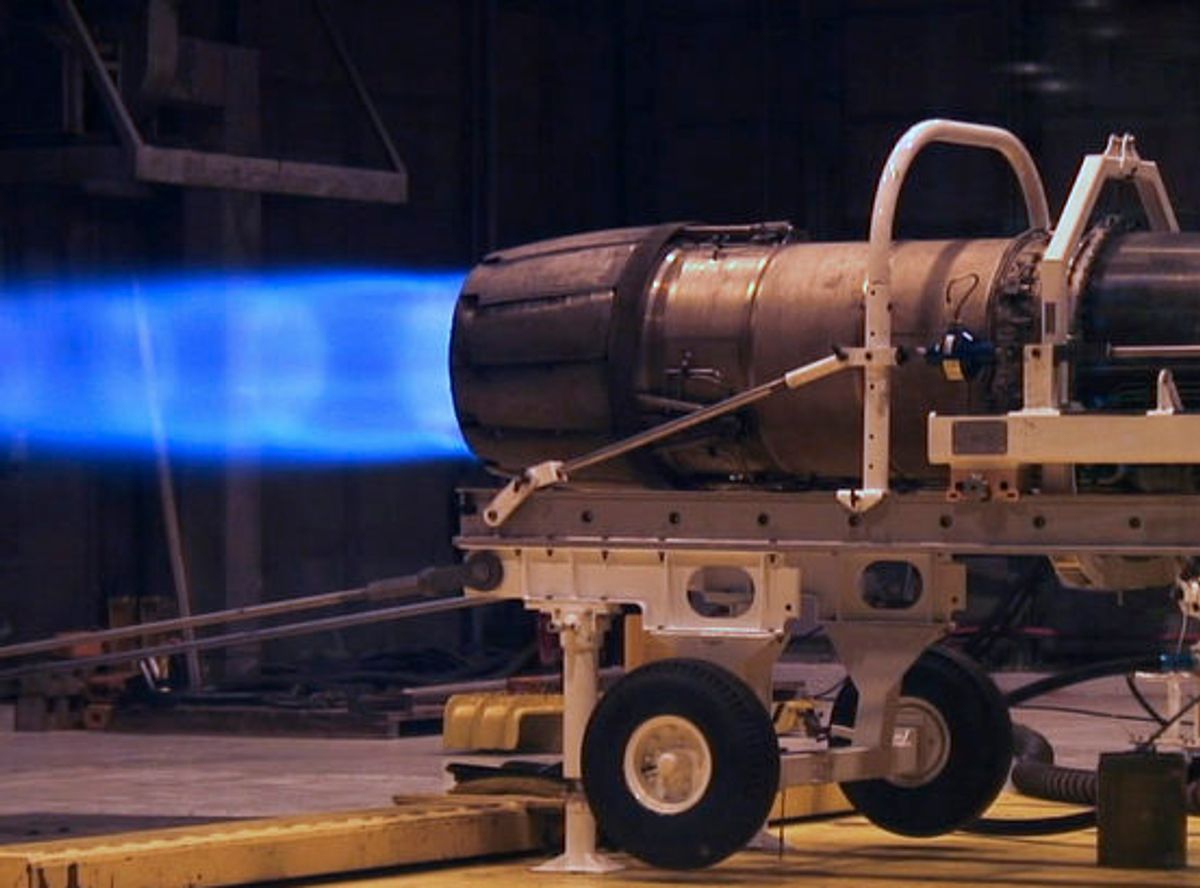Turning waste biomass into something useful could, if done on a large scale, potentially play a huge role in global warming mitigation. And now one of the biggest industry contributors - airlines - to the global emission of carbon dioxide is jumping on that bandwagon. British Airways will open a biofuel production plant in London that will convert 500,000 tonnes of waste that would otherwise head to a landfill each year into about 16 million gallons of jet fuel. The plan is in partnership with Solena Group, a Washington-based company that owns the process that will convert waste biomass into SynBioGas. From that, the Fischer-Tropsch process is used to produce bio jetfuel and bionaphtha (used as a blending component in gasoline and as a feedstock in petrochemical processes).
The airline promises that the plant itself will be carbon-neutral, and that the production and use of the biofuel in British Airway jets will save 550,000 tonnes of emitted carbon dioxide. For comparison, the airline itself calculated its carbon footprint in 2008 at 17,714,897 tonnes, so if these estimates are correct than the new plant represents about a 3 percent reduction. And at the same time, British Airways continues to stand behind plans for a third runway at Heathrow Airport, a plan that would increase the airport's capacity, probably resulting in many more carbon-spewing flights, and has drawn the ire of many who say it will be environmentally disastrous.
But the British Airways announcement highlights the current trend toward the development of biofuels for use in jets. Other than waste biomass, algae has shown the most promise for biofuel production, as it also does not supplant food crops like corn and can theoretically be carbon neutral. Whether or not other airlines follow suit immediately, chances seem good that jet fuel will be at least mildly more carbon-friendly in the near future.
Image: U.S. Navy via Wikimedia Commons.
Dave Levitan is the science writer for FactCheck.org, where he investigates the false and misleading claims about science that U.S. politicians occasionally make.




